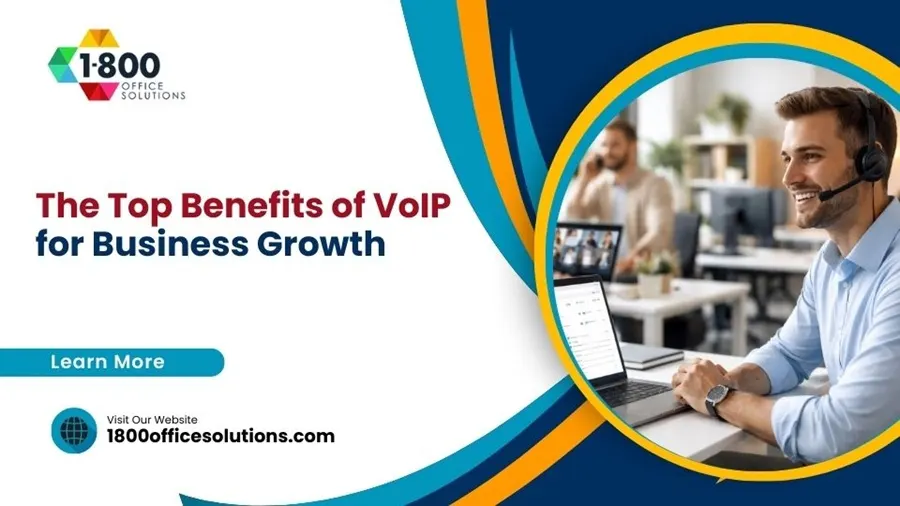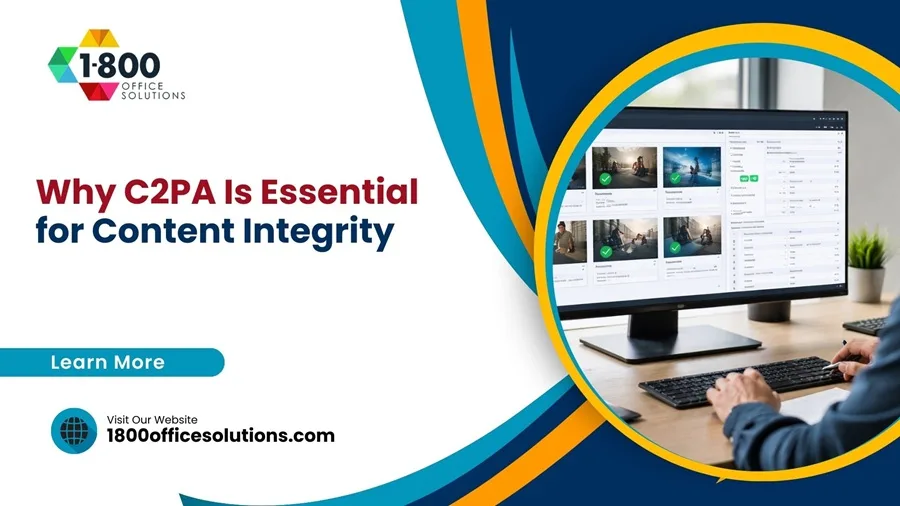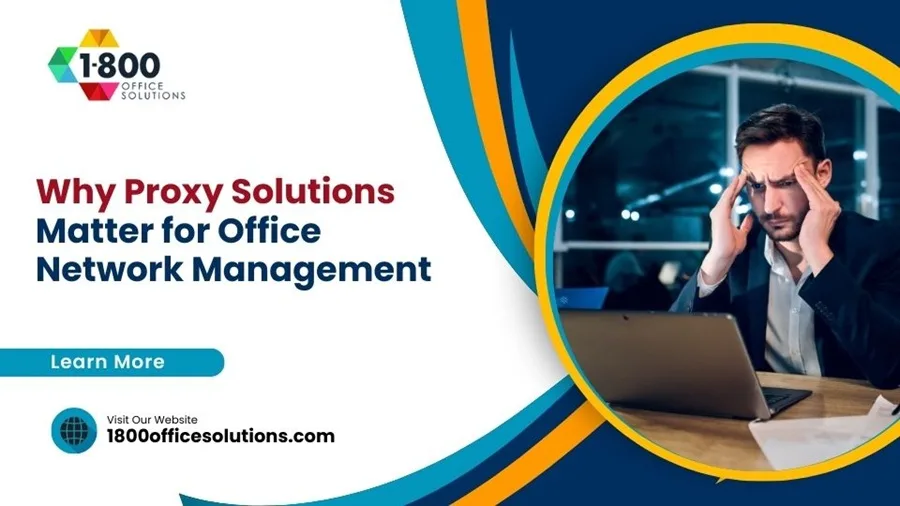Key Features to Look for When Choosing Accounting Software for Your Business
Choosing the right accounting software can make or break the financial management of your business. Whether you’re a small business owner, a freelancer, or the head of a growing enterprise, the right tools can significantly streamline processes, reduce errors, and provide insights that drive smarter business decisions. With so many options available in the market, it can be overwhelming to determine which features truly matter. Beyond basic bookkeeping, the right accounting software should align with your business needs, offer scalable features, and provide a user-friendly interface. This blog explores six essential features to consider when selecting accounting software that suits your business operations and growth goals.

How to Stay on Top of Your Obligations
Staying organized and meeting deadlines is important for any business or nonprofit, especially when you’re managing multiple responsibilities. An effective way to stay on top of your obligations is by implementing a structured schedule that prioritizes key tasks, such as filing taxes, submitting reports, and maintaining compliance. For organizations that receive funding, grant reporting is a crucial responsibility that requires consistent documentation and timely submissions. Incorporating reporting into your regular workflow, rather than treating it as a last-minute task, can help prevent errors and missed deadlines. Using digital tools and setting calendar reminders can also make it easier to manage ongoing commitments and keep everything running smoothly.
User-Friendly Interface and Accessibility
One of the most crucial features to evaluate in accounting software is its ease of use. An intuitive interface ensures that business owners, especially those without a background in finance, can manage accounts without constant help from an accountant. A clean dashboard with clearly labeled menus, real-time updates, and straightforward data input processes reduces the learning curve and saves valuable time. Accessibility across devices—especially cloud-based platforms—adds significant value. Cloud-based systems allow users to manage their finances anytime and from anywhere, enhancing flexibility and ensuring vital financial data is always within reach.
Integration Capabilities with Other Tools
Modern businesses rely on multiple tools to manage different operations—CRM software, payroll services, e-commerce platforms, and inventory management systems, to name a few. Effective accounting software should seamlessly integrate with these external systems to reduce manual data entry, ensure consistency, and improve workflow efficiency. For example, integration with a POS system can automatically track sales and update inventory, while syncing with payroll software ensures accurate recording of employee expenses. The ability to connect with banking institutions is also a huge plus, as it allows for automatic bank feeds and transaction reconciliation, minimizing the chance of errors and saving administrative effort.
Robust Reporting and Analytics
Reports are at the heart of sound financial decision-making. Good accounting software should offer detailed, customizable reports such as profit and loss statements, balance sheets, cash flow summaries, and tax reports. The ability to visualize data through graphs and dashboards helps users identify trends, forecast future performance, and monitor key performance indicators (KPIs). Some advanced software even includes predictive analytics and budgeting tools, offering proactive insights rather than just historical data. These features empower businesses to respond swiftly to financial trends and make data-backed decisions that support growth and sustainability.
Automation of Repetitive Tasks
Automation is a game-changer in accounting, saving time and reducing human error. Look for software that automates routine functions like invoicing, expense tracking, recurring billing, bank reconciliations, and reminders for overdue payments. Automation streamlines workflow and ensures consistency and accuracy in recording financial activities. For example, automated invoice generation and follow-ups can enhance cash flow by ensuring timely payments from clients. Automated tax calculations and reminders help businesses stay compliant without last-minute rushes or fines. Automation features lighten the administrative burden so you can focus on more strategic aspects of your business.
Scalability and Multi-User Support
As your business grows, your accounting needs will evolve. Scalable software allows you to add more features or users without needing a complete system overhaul. Consider whether the accounting tool can support multiple users with different levels of access—this is particularly important for collaboration between teams or when working with an external accountant. Scalability also involves the ability to handle an increased volume of transactions, manage multiple bank accounts, and support additional modules like project tracking or international currency support. Investing in a system that can grow with your business ensures long-term efficiency and avoids the need for frequent software replacements.

Choosing the right accounting software is not just about convenience—it’s about making a smart investment in the financial health of your business. A platform that is easy to use, integrates with your existing tools, provides meaningful insights, automates tasks, grows with your company, and ensures data security can drastically reduce headaches and boost overall efficiency. By focusing on these key features, you can select a solution that meets your current needs and supports your business as it scales and evolves. Take the time to evaluate your options thoroughly, and you’ll be rewarded with a tool that becomes a valuable asset in your business journey.











